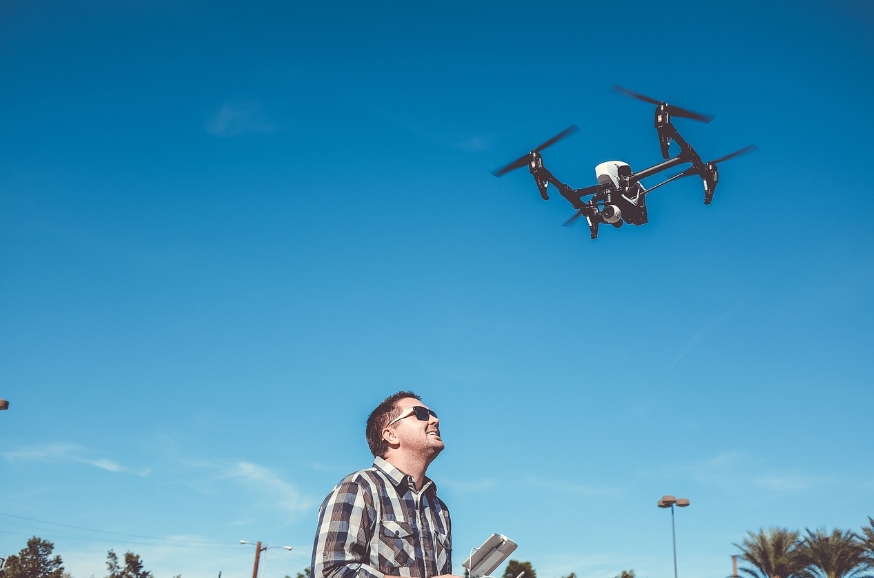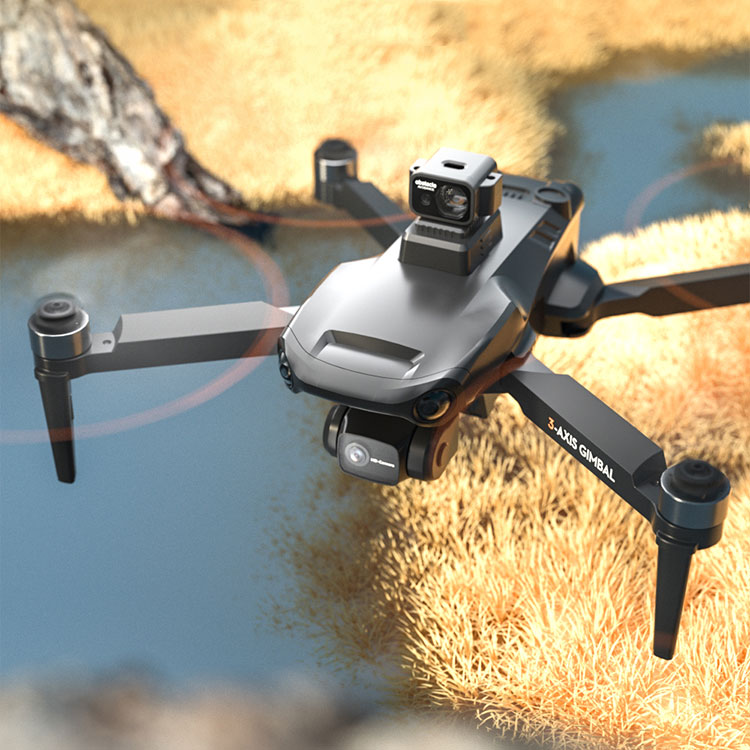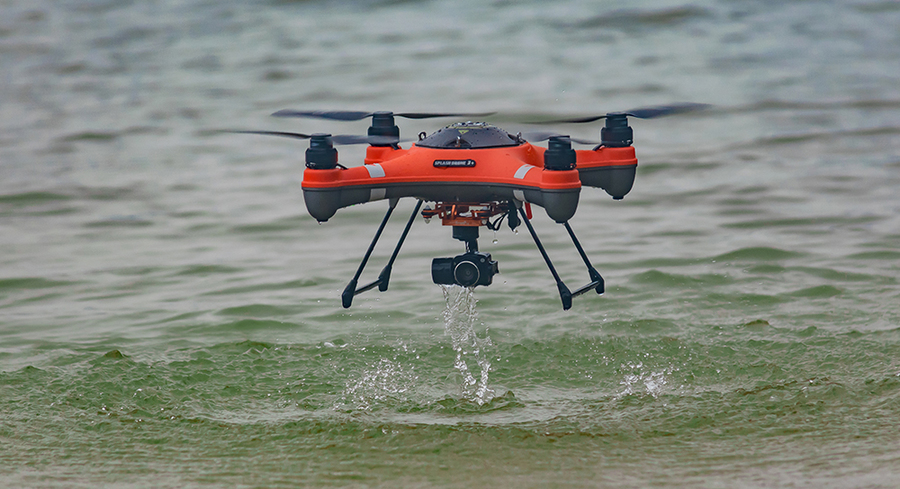In modern technology-driven environments, selecting the perfect professional drone is a critical decision for enthusiasts and professionals alike. Whether you are an aspiring aerial photographer, a videographer, or a landscape surveyor, understanding how to select the ideal professional drone tailored to your specific needs involves a thorough evaluation of various aspects such as flight time, camera quality, and maneuverability.
Understanding Drone Capabilities
Drones have revolutionized numerous sectors, proving to be indispensable tools in fields ranging from cinematography to agricultural inspections. The key features you should consider when selecting a professional drone include flight duration, camera resolution, stability in adverse weather, and GPS accuracy.
The Importance of Camera Quality
One of the primary features of professional drones that appeal to photographers and filmmakers is camera quality. When choosing a drone, look for features such as high-resolution sensors, gimbal stabilization systems, and optical zoom capabilities. These features ensure that you capture stunning images and videos from different altitudes and angles.
Battery Life and Flight Time
Longer flight times allow for more extensive coverage and detailed inspections. Therefore, it’s crucial to select a professional drone with robust battery life. Typically, high-end professional drones offer flight times ranging from 25 to 40 minutes. It’s advisable to consider drones with energy-efficient designs and those that offer options for additional battery packs.
Factors to Consider in Professional Drone Selection

Payload Capacity

Payload capacity is vital if your tasks involve carrying specific equipment or sensors. Professional drones with higher payload capacities can accommodate heavy cameras or additional gear.
Choose a drone that not only meets your weight requirements but also maintains optimal flight performance while carrying extra loads.
Operational Range and Connectivity
Your professional drone’s operational range is determined by its connectivity systems, such as Wi-Fi, Bluetooth, or proprietary radio frequency technologies. Longer ranges around several kilometers are ideal for expansive areas, particularly in surveying and mapping.
Durability and Weather Resistance
Considering the environment in which you operate your drone is crucial. Professional drones are engineered to withstand different weather conditions. Drones with an IP rating offer resistance against dust and moisture, making them suitable for unpredictable climates.
Ease of Use and Software Integration
Look for drones that offer user-friendly operations. Advanced systems enable waypoint navigation, automated return-to-home functions, and seamless integration with professional editing software.
FAQs About Professional Drones
- What is the best resolution for a professional drone camera?Opt for a minimum of 4K resolution to ensure high-quality image and video output, especially necessary for professional projects.
- How can I improve my drone’s battery life?Regular maintenance, such as keeping the battery clean, fully charging before use, and maintaining optimal temperatures, can significantly enhance battery life.
- What should I consider if I’m new to flying professional drones?Look into purchasing a drone with automated features like obstacle avoidance and easy navigation controls to improve your learning curve.

If you’re delving into the world of drones, understanding these elements helps in capitalizing on their features effectively, ensuring your projects not only meet expectations but exceed them.
